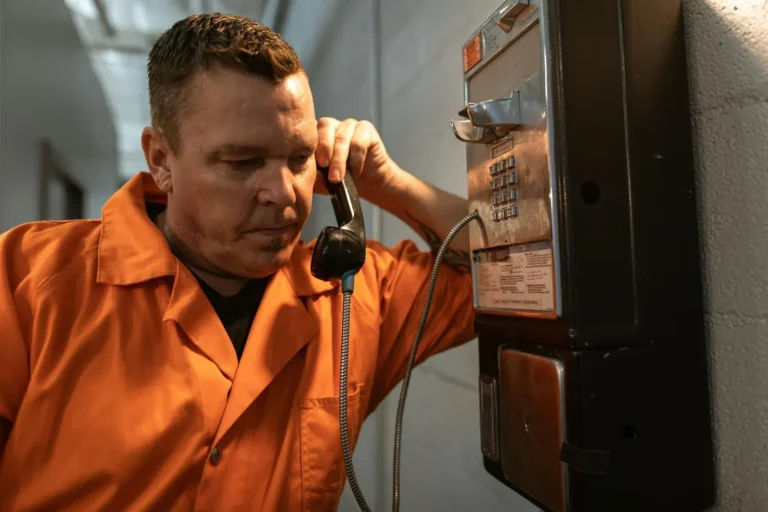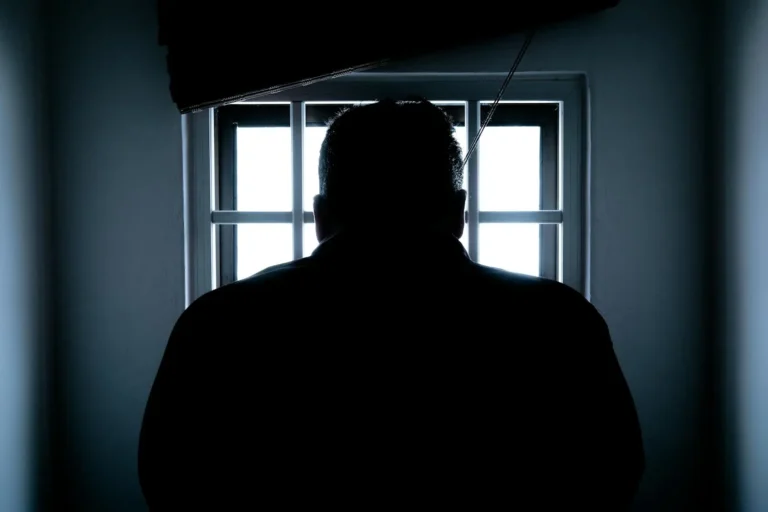When Do Feds Get Involved in Drug Cases
When facing charges related to drugs, many people wonder when the federal authorities will step in. At ReedsAndReeds, we’ve seen how federal agencies get involved under specific circumstances, like when large quantities or drug trafficking across states are suspected. In some cases, the severity of the charges can escalate quickly once the feds take over. Let me break down what you need to know about when and why federal agencies might get involved in drug-related cases.
As stated in the DEA’s guidelines, the feds get involved in drug cases when there are large quantities, distribution across state lines, or connections to organized crime. They also intervene when drugs are linked to federal property or officials.
Introduction to Federal Drug Cases
Federal drug cases often implicate individuals in complex networks of controlled substance violations, highlighting the extensive reach of federal law enforcement.
So to speak, federal drug cases are handled by federal prosecutors in federal courts. Charges can vary from possessing drugs to trafficking or making them. Usually, these cases are more serious than state cases, with stricter punishments like long prison terms and heavy fines.
Federal law enforcement agencies like the DEA, FBI, and ATF investigate these cases. They collect evidence, watch suspects, and build cases against people involved in drug crimes.
When someone is arrested for a federal drug crime, they go before a federal judge. Essentially speaking, the judge explains the charges, the person’s rights, and the possible penalties. The person can then plead guilty or not guilty.
If they plead guilty, the next step is sentencing. If they plead not guilty, there will be a trial where the prosecution must prove their guilt beyond a reasonable doubt. If found guilty, a hearing will decide the punishment.
Federal drug cases are complex and serious. It’s important to have a good criminal defense lawyer to help work through the federal court system and aim for the best possible outcome.
Criteria for Federal Drug Involvement
Federal drug involvement criteria encompass drug quantity and type, possession intent, previous drug offenses, and interstate drug activities.
To break it down, the federal government usually steps in when large amounts of drugs are being moved or sold, or when there’s proof that organized crime is involved. They also get involved if drugs are being taken across state lines or into the country. One main factor they consider is whether someone plans to sell the drugs, which can lead to more serious federal charges instead of just simple possession charges.
Essentially, if someone has a history of drug crimes, they are also more likely to face federal charges. In general, federal authorities look at how big and serious the drug activity is, the potential danger to the public, and whether the situation involves drug trafficking networks that are too large for local or state authorities to handle.
Difference Between State and Federal Drug Charges
Adding to past comments, state drug charges fall under state law enforcement, but federal drug charges often involve larger-scale investigations and harsher penalties.
In general terms, state drug charges usually come from breaking state laws, while federal drug charges involve breaking federal laws. Local police or sheriff’s offices handle state charges, and these cases are tried in state courts. Federal charges, however, come from agencies like the Drug Enforcement Administration (DEA) or the Federal Bureau of Investigation (FBI) and are tried in federal courts.
Penalties for state drug charges are generally less harsh than for federal drug charges. State charges are managed by local prosecutors and could lead to probation, fines, or time in a state prison. In a basic sense, federal charges, handled by federal prosecutors, often result in longer prison sentences in federal facilities.
State drug charges often involve smaller offenses, like having or selling small amounts of drugs. In contrast, federal drug charges are usually for bigger crimes, like large-scale drug trafficking across state lines or connected to organized crime.
In short, the key differences between state and federal drug charges are which government level prosecutes them, how severe the penalties are, what kinds of crimes are involved, and which courts handle the cases.
Types of Drugs in Federal Cases
Reflecting on earlier sections federal cases often involve drugs like cocaine, marijuana, heroin, and methamphetamine, with cocaine making up 45% of drug charges.
You know, these drugs are controlled because they can harm people and society. They are often tied to crimes like drug dealing, having drugs to sell, and making drugs.
Prescription drugs also play a part in such cases, especially when people misuse or sell them illegally. Drugs like opioids, stimulants, and sedatives are often misused, leading to addiction and crime. Some people even fake prescriptions or sell their own medication.
Federal drug cases can target both lone offenders and crime groups. To break it down, law enforcement tries to break up drug networks and punish those involved. The penalties for drug crimes in federal court can be very harsh, with some crimes carrying mandatory minimum sentences.
These cases are typically investigated by the Drug Enforcement Administration (DEA) and prosecuted by U.S. Attorneys. Their aims are to reduce the availability and demand for illegal drugs, ensure public safety, and hold criminals accountable. They often work together with state and local law enforcement to tackle drug crimes nationwide.
Penalties for Federal Drug Offenses

Considering earlier points, federal drug offense penalties can be extremely harsh, often resulting in lengthy prison terms, substantial fines, and asset forfeiture.
In the most basic sense, the punishment for drug crimes depends on types of drugs, the amount, past criminal records, and other serious factors like violence or being part of a criminal group.
People convicted of drug crimes at the federal level might face mandatory minimum sentences. This means judges have to give a certain amount of prison time, with no chance of early release. These sentences can be anywhere from five years to life in prison, depending on the crime.
Besides prison, those convicted might also have to pay large fines. All in all, these fines can be from thousands to millions of dollars, based on how serious the crime is.
Additionally, the government might take away money, property, and other things bought with drug money or used in the crime. This can lead to big financial losses for the person and their family.
Bringing it All Together
Recalling what we discussed in conclusion, federal authorities typically become involved in drug cases when the crimes cross state lines, involve large-scale drug trafficking operations, or when local law enforcement requests assistance due to the complexity or severity of the case.
What ReedsAndReeds is recommending to keep up with is, the federal government’s involvement is very important in combating organized crime and ensuring the safety and security of communities across the country.







